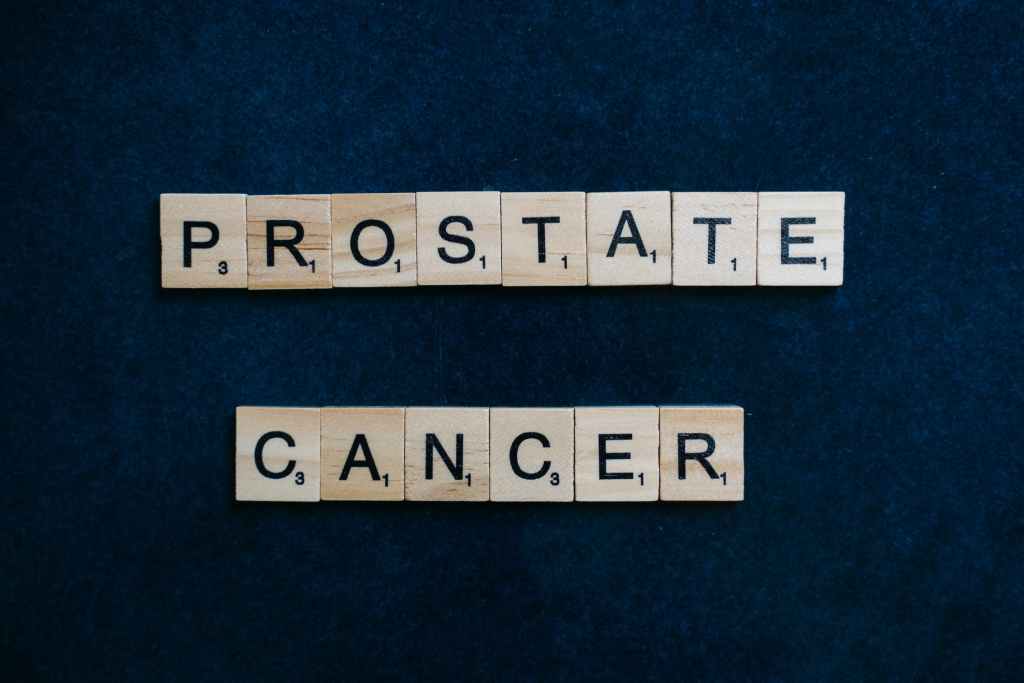Posttraumatic stress disorder (PTSD) affects millions of people worldwide, manifesting as a severe anxiety disorder in response to traumatic events. Although both men and women can develop PTSD, it is crucial to recognise that men may exhibit different symptoms or struggle to express their feelings openly. Societal norms and expectations often pressure men to suppress their emotions, making it challenging to identify PTSD.
Emotional and behavioural signs
Men with PTSD may struggle with a range of emotional and behavioural symptoms, which can affect their daily lives and relationships. Some common signs include:
- Irritability or anger. Men may experience heightened irritability or anger, often with little provocation. This can lead to conflicts and strain on their relationships.
- Emotional numbness. PTSD can cause emotional detachment, making it difficult for men to express love or empathy. This can manifest as a lack of interest in social activities or emotional connection with loved ones.
- Guilt and shame. Men may blame themselves for the traumatic event, leading to feelings of guilt, shame, and worthlessness.
- Risk-taking behaviours. Men with PTSD may engage in reckless behaviours, such as substance abuse, dangerous driving, or unsafe sexual practices, as a way to cope with their emotional pain.
Cognitive and psychological symptoms
PTSD can profoundly impact a man’s mental health and cognitive functioning. Some signs to look out for include:
- Intrusive thoughts. Men with PTSD may have recurring thoughts about the traumatic event, which can be distressing and disruptive to daily life.
- Flashbacks. Flashbacks are vivid, often sensory-laden memories of the trauma that can be triggered by certain sights, sounds, or smells. These episodes can be highly distressing and cause disorientation.
- Memory and concentration problems. PTSD can lead to difficulty concentrating, remembering important details, or even recalling aspects of the traumatic event.
- Negative beliefs and distorted thinking. Men may develop negative beliefs about themselves, others, or the world, leading to a pessimistic outlook on life and difficulty trusting others.
Physical Symptoms
The impact of PTSD on a man’s body is not to be overlooked, as it can manifest in various physical symptoms:
- Insomnia. Difficulty falling or staying asleep is a common symptom of PTSD, which can exacerbate other symptoms and impact overall well-being.
- Hypervigilance. Men with PTSD may become overly alert and constantly on edge, leading to exhaustion and difficulty relaxing.
- Startle response. PTSD can cause an exaggerated startle response, making men jumpy or easily startled by sudden noises or movements.
- Physical pain. Chronic pain, such as headaches, back pain, or muscle tension, can be associated with PTSD.
PTSD can strain a man’s relationships and social life, making it difficult to connect with others or maintain healthy relationships:
- Isolation. Men with PTSD may withdraw from social activities, friends, and family, which can exacerbate feelings of loneliness and depression.
- Communication difficulties. Emotional numbness and negative beliefs can make it challenging for men to communicate their needs or feelings, leading to misunderstandings and frustration.
- Trust issues. PTSD can erode a man’s ability to trust others, making it difficult to form or maintain close relationships.
Recognising and supporting men with PTSD
When a man in your life shows signs of PTSD, it’s essential to approach the situation with empathy and understanding. Here are some steps to help:
- Educate yourself about PTSD to better understand their experiences and challenges.
- Encourage open communication by creating a safe and non-judgemental environment for them to express their feelings.
- Encourage professional help, such as therapy, virtual counseling at Imagine Emotional Wellness, or support groups, to help them cope with their symptoms and develop healthy coping strategies.
- Be patient and understanding, recognising that healing from PTSD is a long and complex process.
- Offer practical support, such as helping with daily tasks, providing a listening ear, or accompanying them to appointments.
Takeaway
PTSD is a serious mental health condition that can profoundly impact the lives of men who experience it. By recognising the signs of PTSD in men, we can better support them in their journey to recovery and ensure they do not suffer in silence. Encouraging open communication, providing empathy, and promoting professional help are essential steps in helping men with PTSD regain control over their lives and find lasting healing.
Adam Mulligan, a psychology graduate from the University of Hertfordshire, has a keen interest in the fields of mental health, wellness, and lifestyle.




























